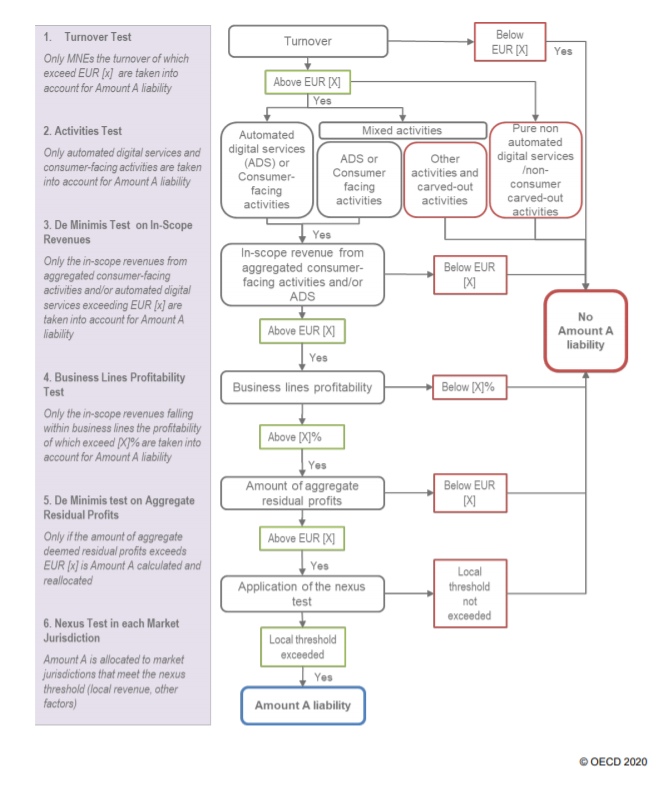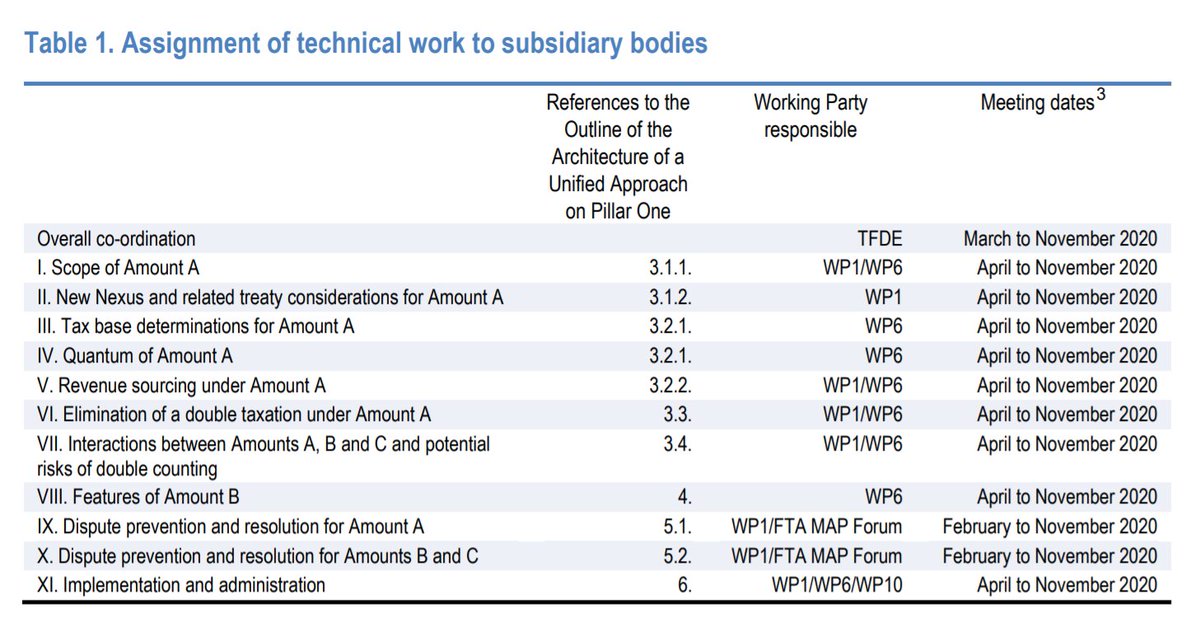(The OECD has still to publish their data or their work, in any fashion that is even vaguely replicable - only top line numbers that are hard to square with any others)
[If all countries do this, there is no double taxation and the multinationals even get to keep a bit of their unearned profits. Not bad for a pandemic, so don't complain]
[Again, no double taxation unless others are taxing way more than their share]
If ever there was a time to leave this behind, it's now.




